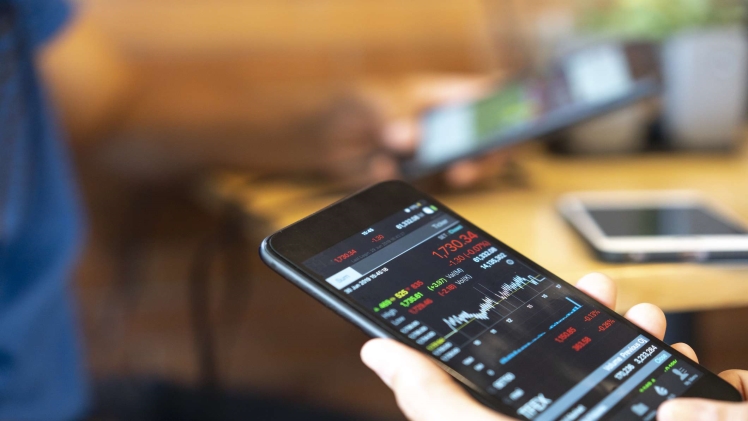There are several ways to claim a forex trading free bonus. Some of them are scams while others are a form of goodwill. These bonuses provide capital for investments in public trading accounts. However, before you claim your free bonus, make sure that you’re eligible to do so. The first step is to register with a forex broker. Then, the broker will send you an email containing a verification link. To verify your identity, you must provide the required proof. This may include a driving license or ID. You can also provide proof of residencies such as utility bills and bank statements.
No-Deposit Bonuses For Traders
Forex trading no-deposit bonuses are a common form of goodwill from brokers to attract new traders. No-deposit bonuses are designed to help traders test out a new broker’s software, terminal, and trading instruments without risking their own funds. Moreover, they allow traders to withdraw the trading profit without incurring additional costs. No-deposit Forex bonuses are a great way to attract new traders to Forex trading and help veteran traders recover from recent losses.
While no-deposit Forex trading bonuses may appear to be a form of goodwill, they are not beneficial for all traders. Traders must make sure that they read the terms and conditions of no-deposit Forex trading bonuses before signing up. Some brokers may offer different welcome rewards for different account types and trading instruments. Traders must also verify their accounts to qualify for no-deposit bonuses. Once they have verified their accounts, they can start trading with the free money. Traders can also claim spread refunds after verifying their accounts.
Trading For Free Forex Bonus
The forex trading free bonus is a form of investment capital and are useful to novice traders as well as experienced traders. These are often offered as gifts for deposits. Although these gifts may be attractive to some traders, they are not offered by reputable brokers. In addition, a broker who offers a gift is unlikely to be profitable for the broker. The first step in avoiding Forex trading scams is to be aware of how to spot them. Scammers often disguise their schemes as reputable brokerages. They use official-looking charts, graphs, and spreadsheets to trick unsuspecting traders into signing up with them and spending money. Eventually, they disappear with the trader’s capital.
A common forex trading scam involves the use of deposit bonus schemes. These schemes require the trader to make a minimum number of forex trades or deposit a certain amount of capital. Typically, the scams use a honeypot-style approach to entice forex traders to use the bonus money. However, these offers are not always fraudulent. To avoid falling victim to these schemes, traders should be aware of the conditions associated with each bonus. The only catch is that most free forex signal providers want you to open a trading account with their recommended Forex broker. This means that these companies are making their money not from you, but from the referral commissions.
Forex trading involves a high risk of losing money. This type of investment involves leveraging risk, and retail speculators are frequently undercapitalized. These problems make them particularly vulnerable to Forex scams. Unfortunately, many reports of money being stolen from unqualified brokers have been linked to this type of weak trading. In order to avoid a Forex scam, traders should educate themselves before trading. Forex trading free bonuses are a common marketing and goodwill tool used by Forex brokerages to attract both new and experienced traders. Human nature is to seek out the best deal, and free money is always a tempting offer. No deposit bonuses not only attract new traders but also reward seasoned traders for recent losses.
Wrapping Up
Forex trading free bonuses are an excellent way to get started in the currency market, as they act as a kind of investment capital in a public trading account. While they may not be huge profit generators, they are helpful for novice traders as they allow you to test the terms and conditions of a broker before you actually invest your own money. In fact, almost all professional traders use this method.

